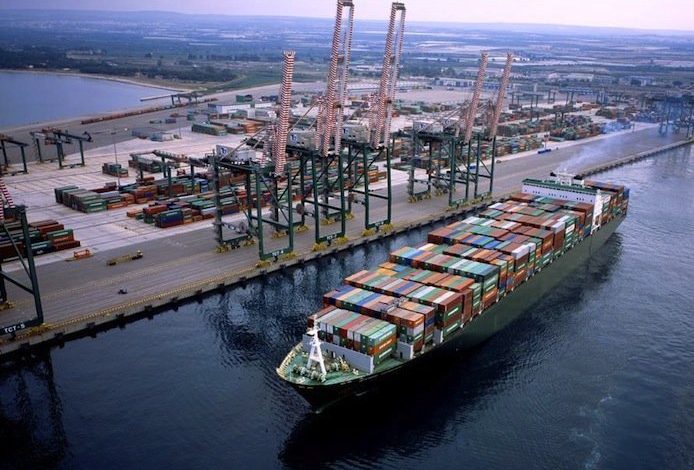European shippers call for review of competition rules in liner shipping

Ten trade organisations, representing the owners and forwarders of cargo, port terminal operators and other parts of the supply chain dependent on container shipping, are demanding an immediate start to the review of European Union’s Consortia Block Exemption Regulation for the container shipping industry.
In their letter to the commission the signatories said that while shipping rates have more than quadrupled on many routes, European businesses and other parties in the supply chain have suffered huge disruption to the movement of goods by container shipping since the regulation was last renewed in April 2020, with many sailings being cancelled or diverted to other ports, and ports being bypassed at short notice.
Container shipping customers and service suppliers claimed the regulation exempts liners from many of the checks and balances of EU competition law and permits them to exchange commercially-sensitive information to manage the number and size of ships deployed and the frequency and timing of sailings on trade routes.
They jointly stressed that the benefits of the exemptions from general competition law enjoyed by the liners are not being shared fairly with the rest of the economy and that this in itself constitutes a compelling reason why the Block Exemption should be reviewed urgently.
“The ability of the shipping industry to collectively manage these impacts, and at the same generate profits totalling over $186bn in 2021, at the expense of the rest of the supply chain, and ultimately Europe’s consumers, demonstrate that something is wrong,” said the signatories which include CLECAT (European Association for Forwarding, Transport, Logistics and Customs services), FEPORT (Federation of European Private Port Companies and Terminals) and ESC (European Shippers’ Council) amongst others.
The letter to the commission also pointed to the revelations and recommendations of investigations conducted in the US by the Federal Maritime Commission, resulting in May in the passing of a new Ocean Shipping Reform Act, addressing many of the grievances of users and services suppliers to the container shipping lines.
“The review should include consideration of new measures and mechanisms and allow sufficient time for these to be considered and implemented before the expiry of the current regulation in April 2024.”
A recent report by the OECD-affiliated think tank International Transport Forum (ITF) suggested that governments and other jurisdictions have facilitated the rise of ocean freight rates and the current supply chain crisis by creating a supportive legal framework for alliances and consortia.
The report found that European shippers are paying the price for a US-driven demand boom for consumer goods, US port congestion, and the ability of the global container shipping industry to shift capacity to where profits are highest.
“European shippers are right to wonder why the ocean freight rates to and from Europe have risen exponentially and why it has become increasingly difficult to book cargo space, considering that the European demand for container shipping is essentially flat and port congestion in Europe is negligible,” the report said.
